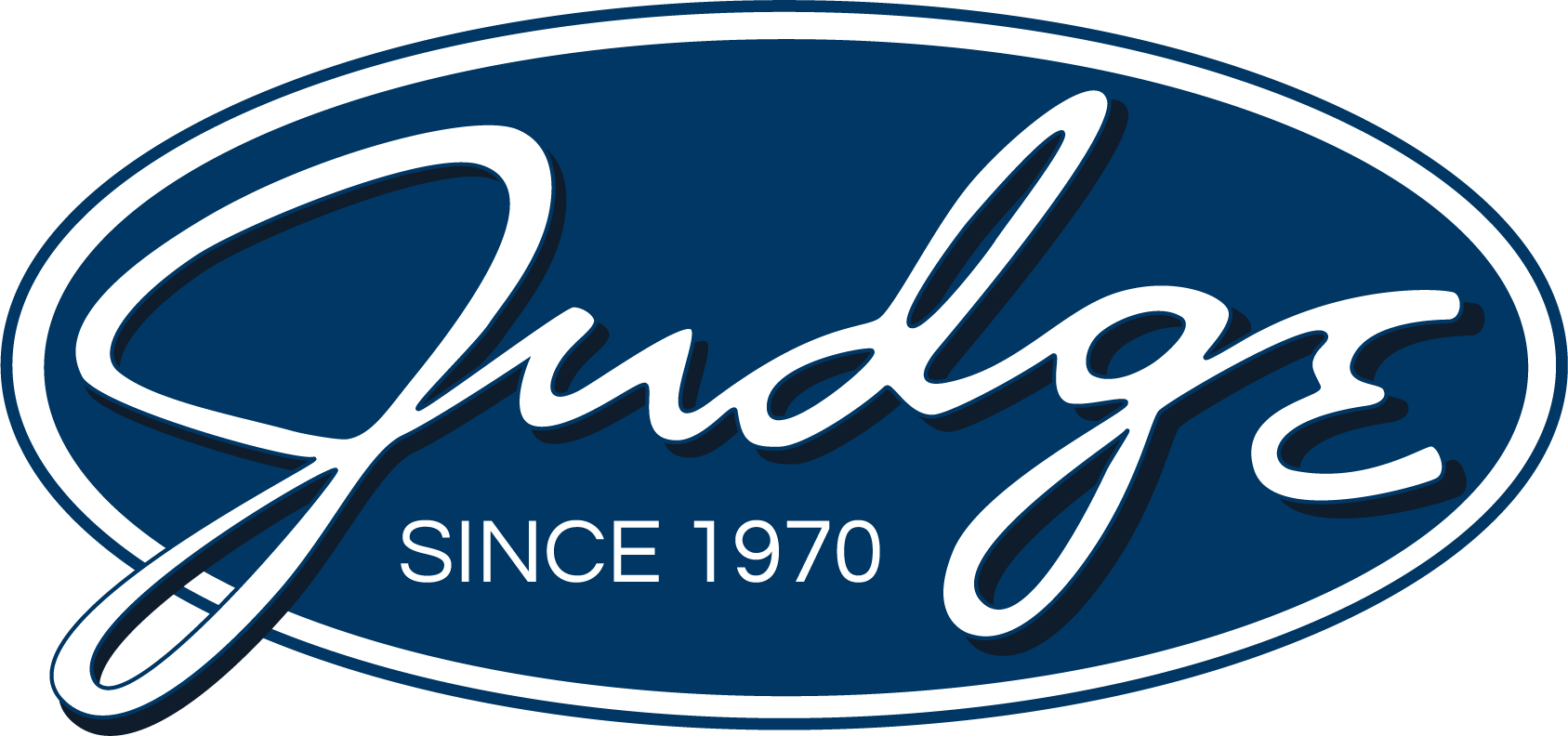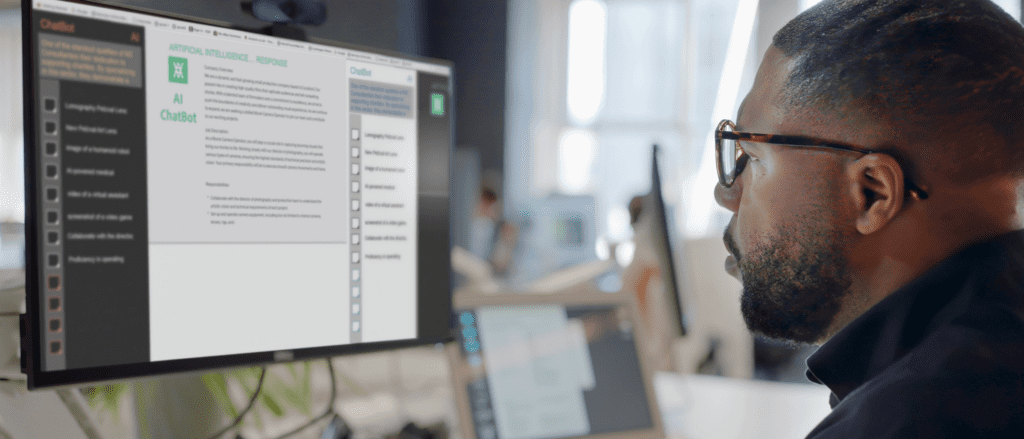Harnessing AI for Effective Organizational Change: A Leader’s Guide
As a business leader, you need to leverage every tool at your disposal to drive organizational success. That includes AI, which is revolutionizing Organizational Change Management (OCM).
Here’s a concise guide on how AI can transform your change management efforts and five actionable steps you can take to harness its power.
The Power of AI in Organizational Change Management
AI is a game-changer in the realm of OCM. By integrating AI into your change management strategies, you can make data-driven decisions, personalize communication, predict challenges, automate processes, and continuously improve your initiatives. Here’s how:
- Data-Driven Decision Making: AI enables you to analyze vast amounts of data quickly and accurately. This helps in understanding employee sentiment, predicting resistance points, and tailoring change strategies to address specific needs.
- Personalized Communication: AI-powered tools can segment your workforce based on various criteria, allowing for personalized communication strategies that resonate more deeply with employees, increasing engagement and reducing resistance.
- Predictive Analytics: AI can forecast potential challenges and outcomes of change initiatives by analyzing historical data and current trends. This allows you to proactively address issues before they escalate.
- Automated Processes: AI can automate routine tasks involved in change management, such as scheduling meetings, sending reminders, and tracking progress. This frees up time for you to focus on more strategic activities.
- Continuous Improvement: AI facilitates continuous improvement by providing ongoing insights and feedback. Machine learning algorithms can analyze the outcomes of change initiatives, identifying what worked well and what didn’t. This information is invaluable for refining future strategies and ensuring sustained success.
Five Actionable Steps for Business Leaders
To effectively harness the power of AI in your organizational change management efforts, consider the following action items:
- Align AI with Business Goals: Ensure that your AI initiatives are directly aligned with your business objectives. This will help you focus on areas where AI can have the most significant impact, such as improving customer satisfaction, increasing operational efficiency, or driving innovation.
- Integrate AI into Change Management Processes: Incorporate AI tools into your existing change management processes. Use AI to analyze data, predict challenges, and automate routine tasks, making your change initiatives more efficient and effective.
- Leverage AI for Employee Engagement: Use AI-powered tools to personalize communication and training programs. This will help you engage employees more effectively, reducing resistance to change and increasing overall buy-in.
- Monitor AI Impact: Continuously monitor the impact of AI on your change management efforts. Use the insights gained from AI tools to make necessary adjustments and improvements, ensuring that your initiatives remain aligned with your business goals.
- Foster a Culture of Continuous Improvement: Encourage a culture of continuous improvement within your organization. Promote the use of AI and other advanced technologies to drive ongoing enhancements in your change management processes.
Embracing AI in your organizational change management efforts is not just about adopting new technology; it’s about transforming the way you lead and manage change. By aligning AI with your business goals and integrating it into your change management processes, you can drive significant improvements in your change management initiatives.
So, ready to get started on your OCM AI journey? Reach out to us at JLS@judge.com.
Kevin Rillo joined Judge Learning Solutions in 2014 as an account executive. Since that time, he has focused on driving Judge’s organizational change management capability. Kevin has over 30 years of experience in human resources, learning development, and organizational change working in large, complex, matrixed organizations. He has led global initiatives and teams to foster greater results through better people performance. He is active in several professional associations such as ACMP, ODNet, and ATD Chicago. He also served on the Board of Directors for Chicago ISPI.




